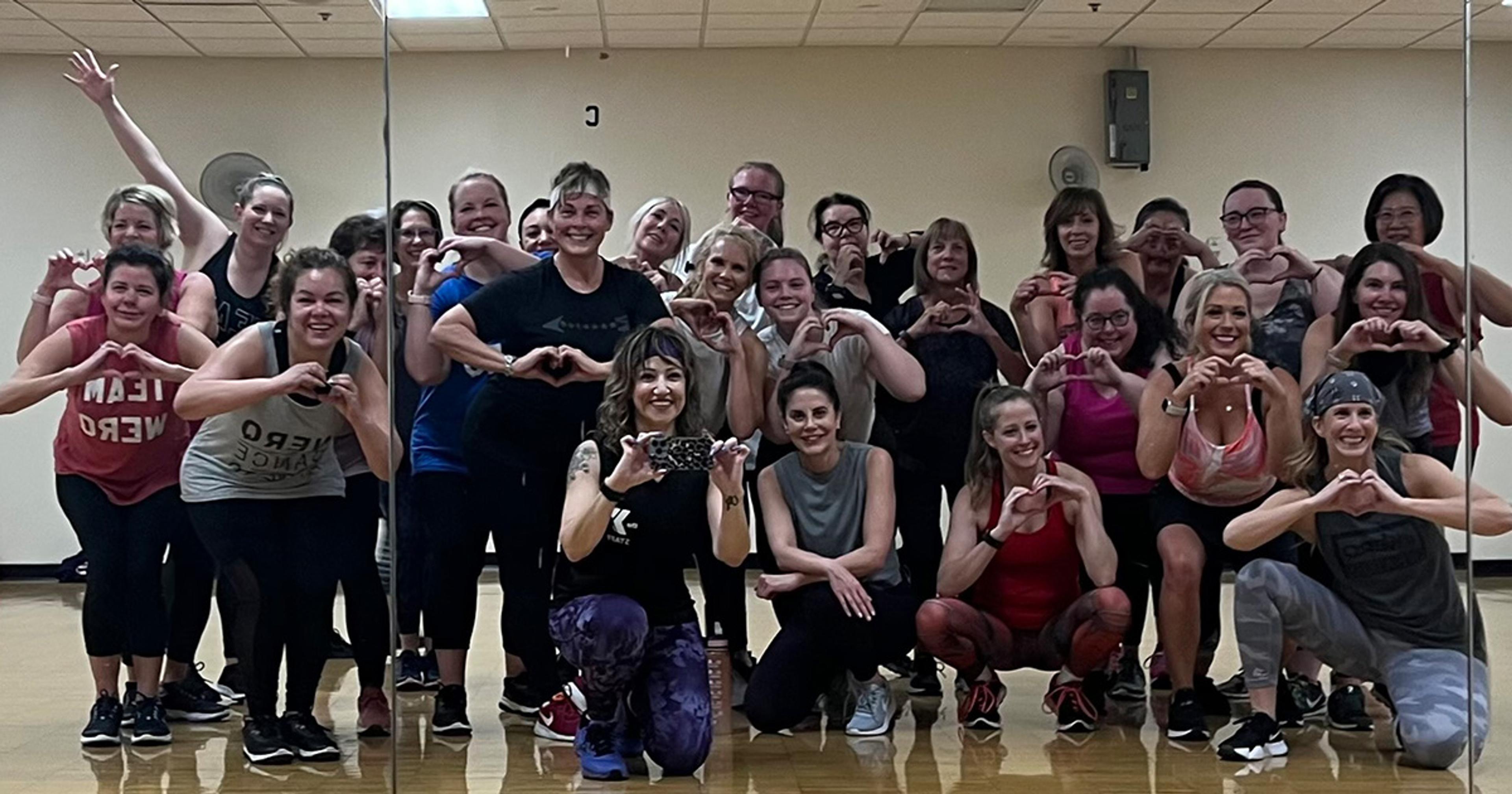When It Comes to Exercise, a Little is Better Than None at All
Lauren King
| 2 min read

I hear people talking all the time about how they don’t have a lot of extra time to set aside for exercising, so they just don’t exercise at all. It seems to me like many of us have the mindset that if we don’t work out for at least an hour or so each day then we aren’t doing our bodies any good. Studies are beginning to show, however, that this really isn’t true at all.
An article published by ScienceDaily highlights the results of a study conducted by the American Heart Association. Here are some of the surprising findings:
- People who engage in 150 minutes of semi-intense exercise have a 14 percent lower risk of coronary heart disease than those who engage in no physical activity.
- Even those who fall beneath the federal U.S. guidelines for physical activity but still engage in some level of exercise are at lower risk for CHD than inactive people.
While exercising even minimally is beneficial to health, engaging in higher levels of physical activity is more rewarding still. However, this does not mean that you have to complete an extremely intense workout all at once.
Instead, consider spreading out your physical activity over the course of the week. In doing so, you may feel more motivation to exercise since you won’t be overexerting yourself on a daily basis. You’ll still experience the benefits of exercise — just without the looming dread of a long, overly intense workout session.
The study results show that by staying active, we can keep our hearts healthier as well as maintain better overall health.
How much do you exercise each week? Do you notice the benefits?
Photo credit: morberg





